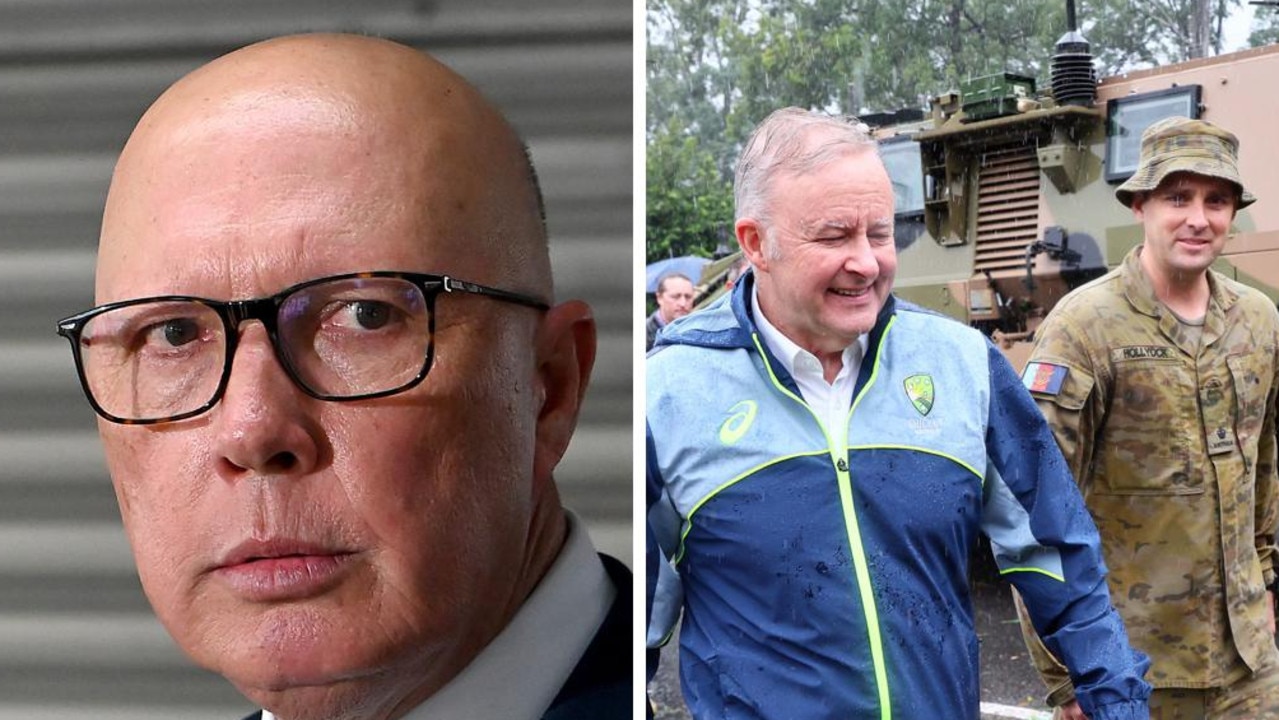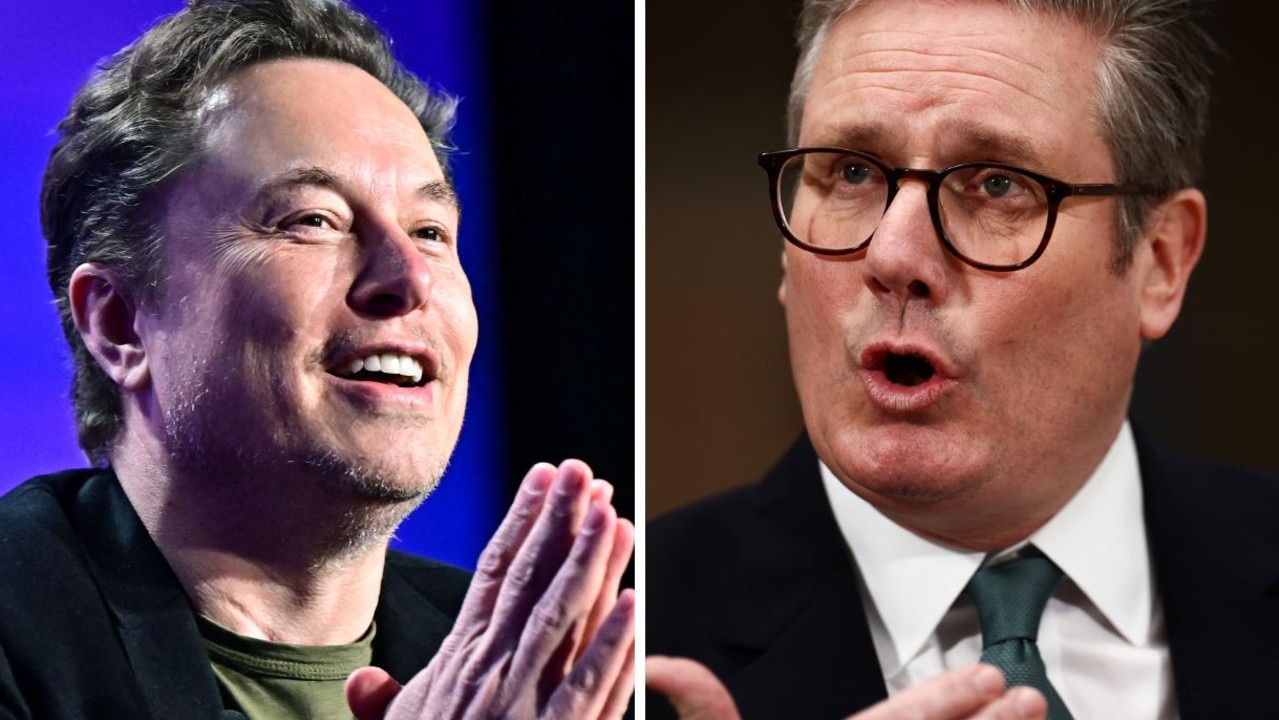UK PM Boris Johnson announces new coronavirus restrictions for England in government U-turn
Just 11 weeks after pubs opened on “Super Saturday” the UK has been plunged back into lockdown, paying a harsh price for a summer of fun.
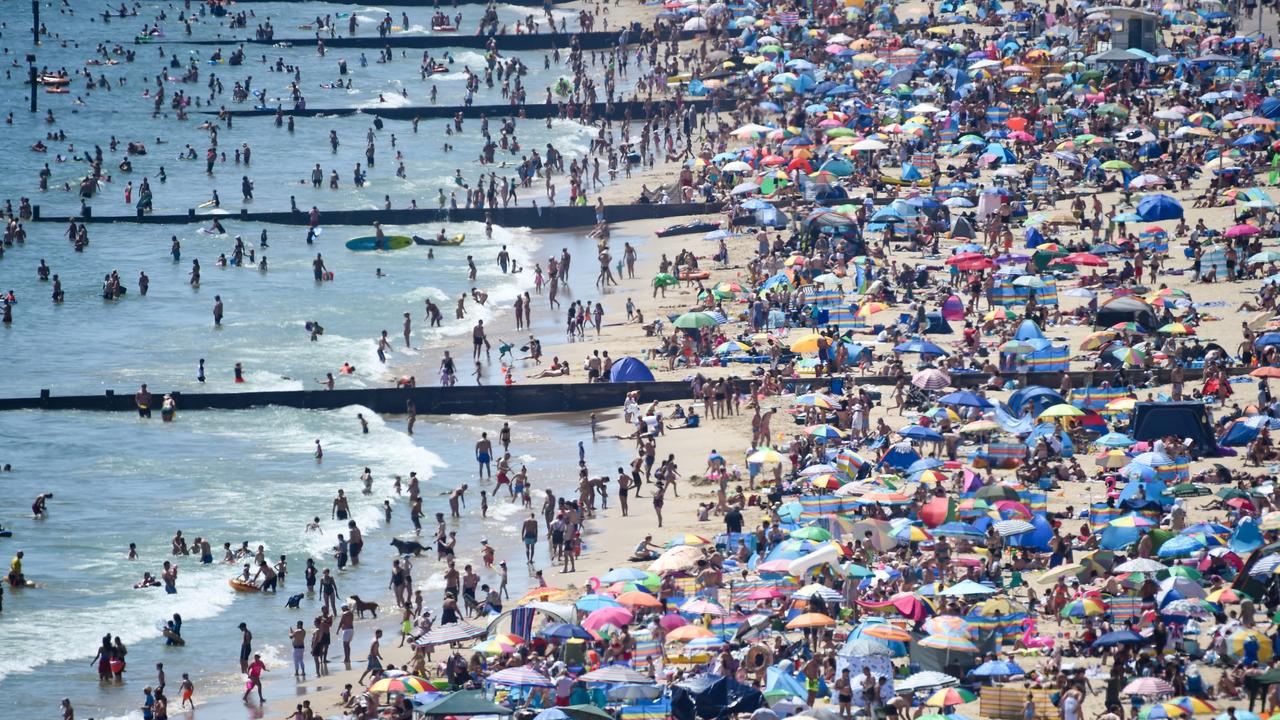
UK Prime Minister Boris Johnson has announced a host of coronavirus restrictions expected to last for six months in a government backflip to fight a second wave of the virus.
On Tuesday Mr Johnson told the House of Commons the country had reached a “perilous turning point” in the COVID-19 trajectory with total virus cases doubling every seven to 20 days.
“This is the moment that we must act,” he said, “acting on the principle that a stitch in time saves nine.”
“We must take action to suppress the disease.”
New restrictions mean that people will once again be encouraged to work from home, pubs restaurants and bars will close at 10pm, retail and hospitality staff must wear face coverings and a “rule of six” will be tightened up to include team sports.
Weddings will also be restricted to a maximum of 15 guests with 30 for funerals, and plans to pilot live sporting events will be scrapped.
Fines of up to GBP10,000 (A$17,778) will be introduced for those failing to isolate, while the penalty for not wearing a mask will be doubled to GBP200 (A$354).
Mr Johnson also warned if the restrictions don’t work to bring virus cases down, greater measures would be introduced.
“If all our actions fail to bring the R below 1 then we reserve the right to deploy greater firepower with significantly greater restrictions,” he said.
“Unless we palpably make progress we should assume the restrictions should remain in place for perhaps six months.”
“If we fail to act together now … we will jeopardise our own futures.”
RELATED: Follow live coronavirus coverage
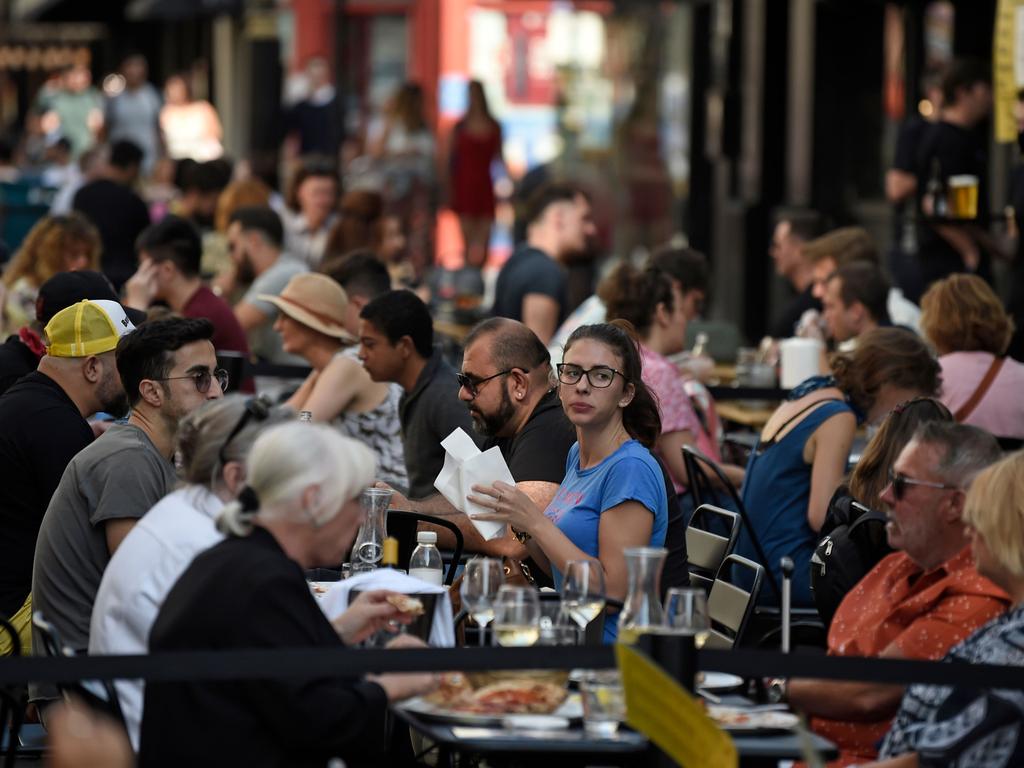
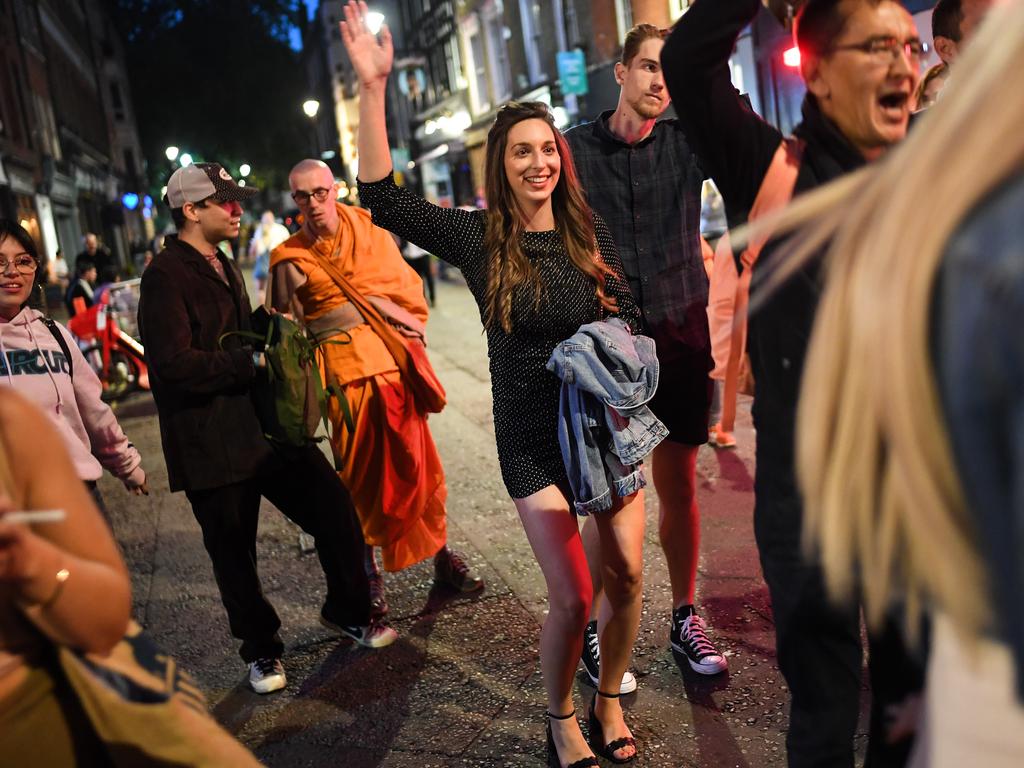
RELATED: Young blamed for Europe’s second wave
The warning comes after England’s chief medical officer and chief scientific adviser issued a stark set of figures on Monday showing cases could rise to 50,000 per day with 200 deaths in weeks if the current trend continued unabated.
They said the UK was following a pattern seen in France and Spain that saw young people aged 20-29 record growing rates of the virus first, followed by it being passed to older people leading to a rise in hospital admissions and deaths.
The UK has already suffered the highest death toll in Europe from the pandemic with nearly 42,000 deaths recorded so far.
On Monday it saw the highest number of cases in 19 weeks with 4,422 and the alert level raised from three to four, indicating that rates of transmission were now “high or rising exponentially”.
UK Prime Minister Johnson has met with leaders of the devolved nations, Wales, Scotland and Northern Ireland, however each sets their own health policy and the rules for England do not apply in those nations.
RELATED: Strict new rules for Aussies this summer
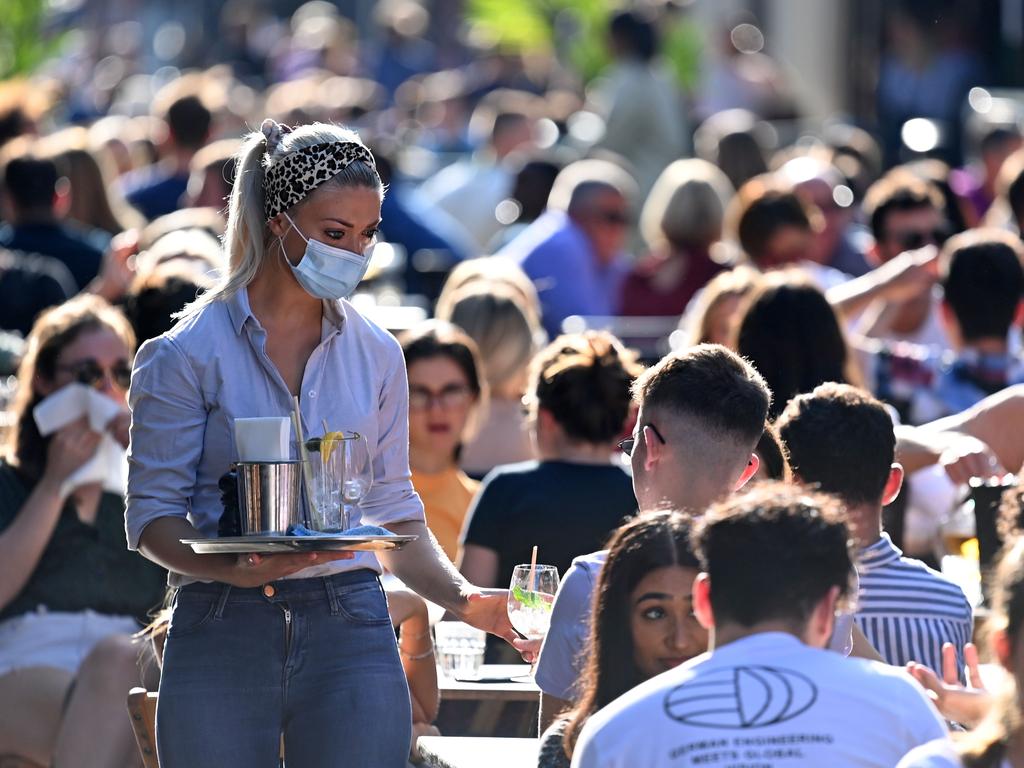
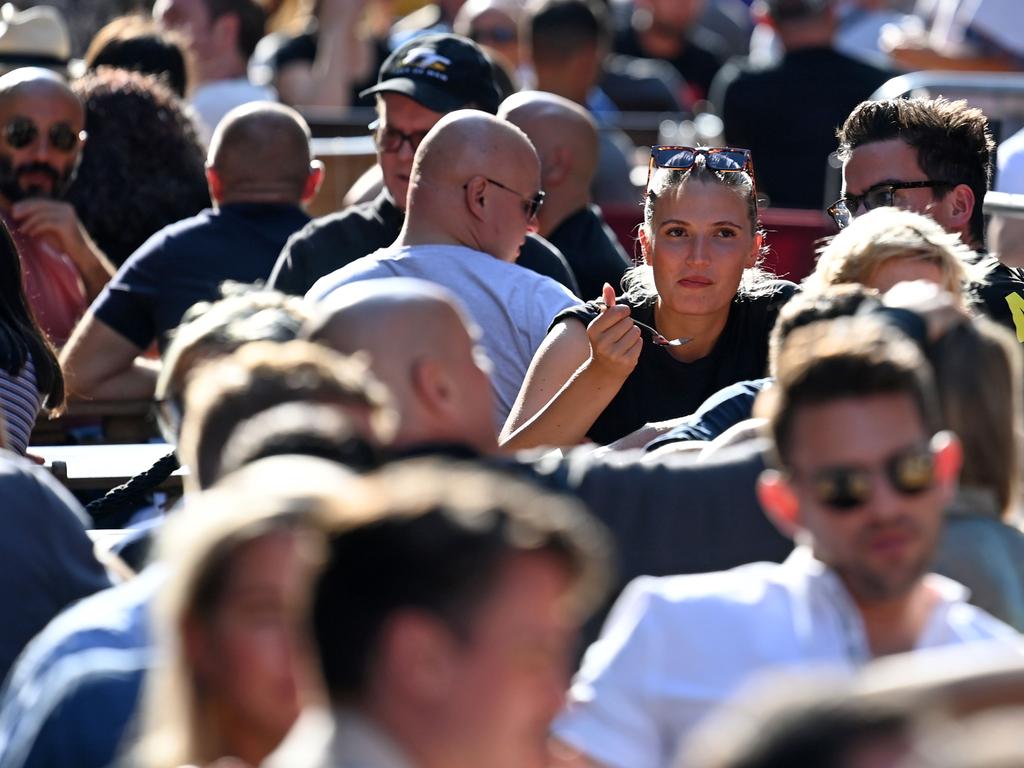
UK PAYS PRICE FOR SUMMER OF FUN
The fresh lockdown measures come just 11 weeks after pubs reopened on a “Super Saturday” on July 4, following a three-month lockdown that saw schools and businesses shuttered to get on top of a rampant wave of coronavirus in the UK.
Since then, restrictions have eased dramatically with people packing on budget flights to head for European summer breaks, restaurants taking up a government-funded “Eat out to help out” scheme with gusto and life returning to a semblance of normal for many, albeit with face masks, QR codes and hand sanitiser at every turn.
Less than a month ago, the government urged people to return to the offices, saying if they can to go work they should in order to get the economy back on track.
Now the return to restrictions has sparked a wave of criticism over whether the easing measures were undertaken too soon, with accusations of hypocrisy against Mr Johnson after he refused to stand down a key adviser who broke lockdown rules to visit family in the country’s north.
I despair. They are absolute fools!!!!! Boris Johnson announces new measures to tackle spread of coronavirus
— Emma Kenny (@emmakennytv) September 22, 2020
https://t.co/ZtLY3G4ZWV
Boris Johnson: "There is nothing more frustrating for the vast majority who do comply – the law-abiding majority – than the sight of a few brazenly defying the rules." #covidbriefing
— Lee Graham (@leepg) September 22, 2020
Me: pic.twitter.com/0fhpOprJfs
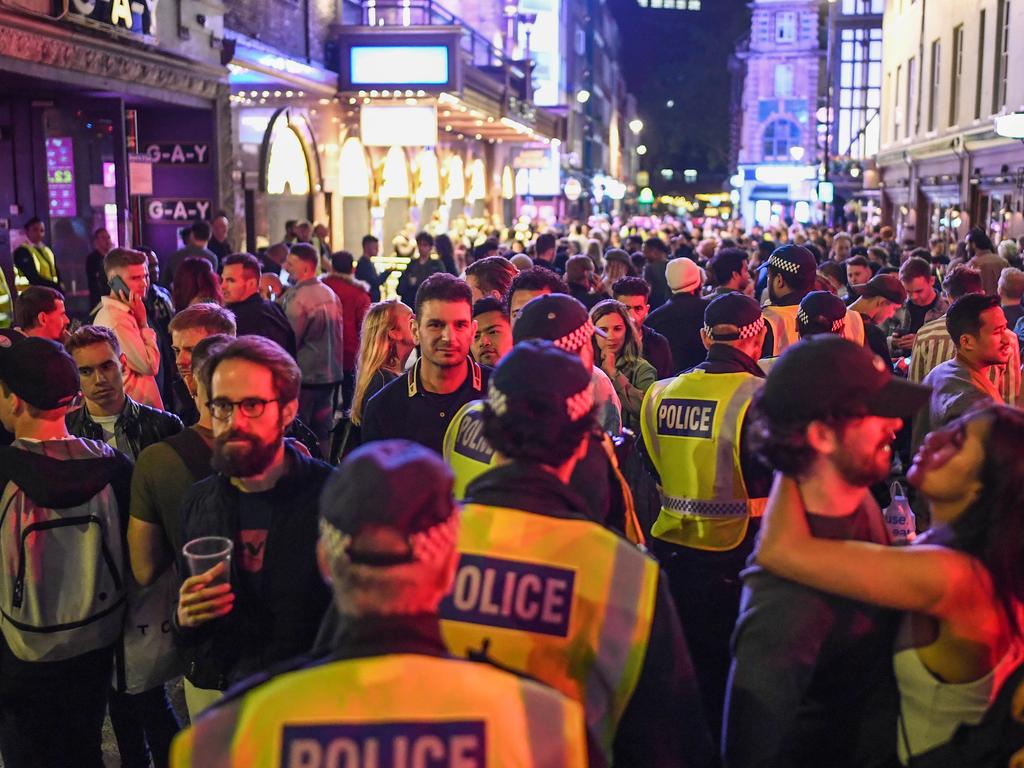
University of Oxford Researcher Toby Phillips has even raised the prospect there is a “loose correlation” between the Eat Out scheme, which offered diners discounts from Monday-Wednesday in the month of August, and the subsequent rise in cases.
“The Eat Out scheme was a creative way to get money to struggling hospitality businesses, and that’s no small feat. But the party comes with a hangover,” he wrote in The Conversation.
“At the same time as the scheme was operating, the UK started to see an uptick in COVID-19 cases. This overwhelmed testing capacity and caused some regions to reimpose restrictions.
“It’s impossible to know what caused this: people were also coming back from summer holidays and spending more time with friends. Indeed, transmission rates were already creeping up in early August, before there could have been any effect from the Eat Out scheme.
“But the rapid acceleration in the proportion of detected positive cases at the start of September is consistent with cases where infection occurred in mid-August. It’s certainly worth considering the effect of a £10 discount at the pub. And the effect of concentrating people’s outings on just three days of the week.”
The current rising caseload is compounded by the beginning of a new school year and university term which has sparked a rise in demand for virus testing. The government’s system has been struggling to cope with the surge and has been forced to send swabs to labs across Europe for processing, while people are told to travel miles from home to get a test for the disease.
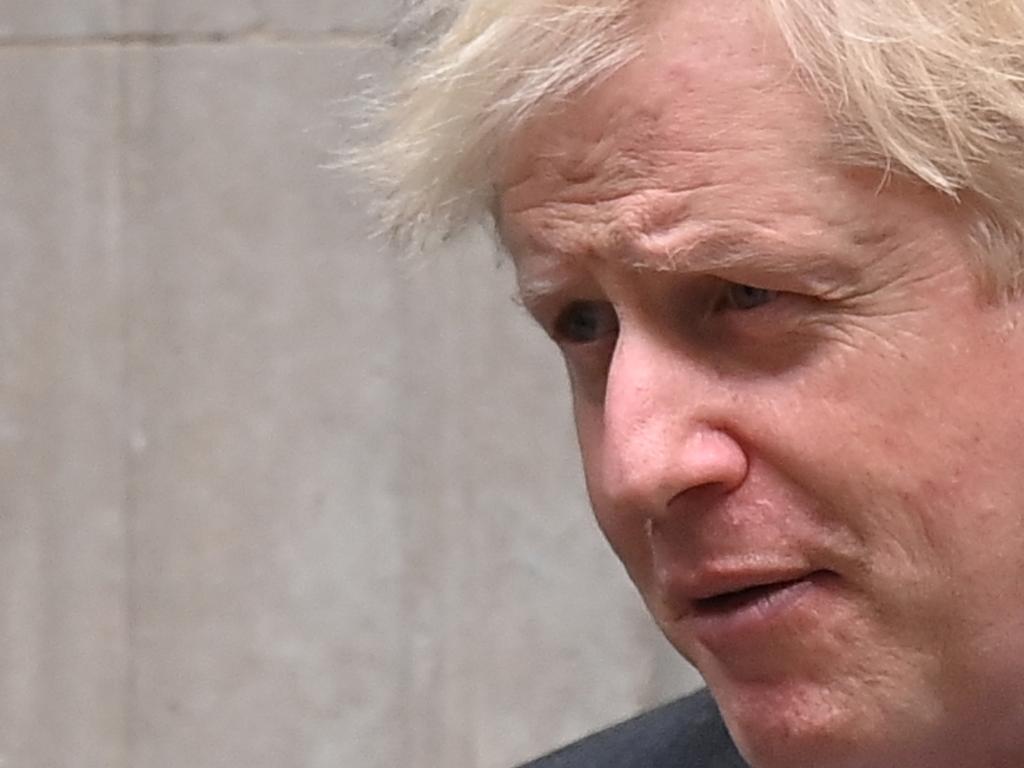
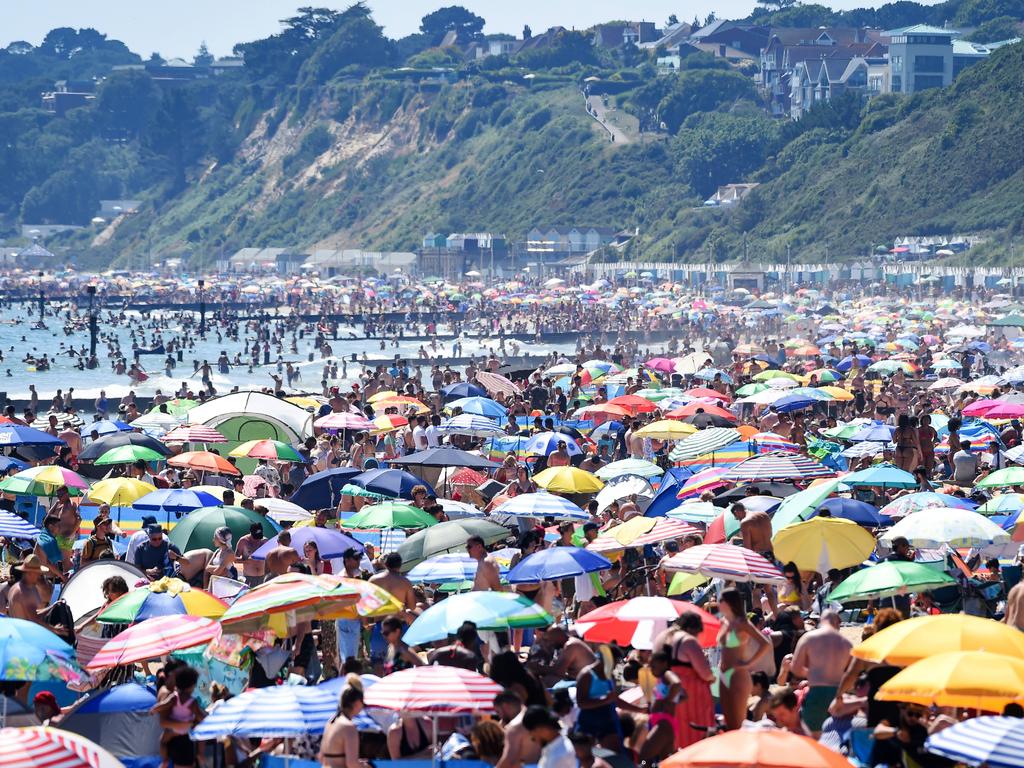
On Tuesday, Australian Prime Minister Scott Morrison, usually a staunch supporter of Mr Johnson, said the “mosh pit” approach to living with the virus in the UK was “risky”.
“That’s going to put everyone at risk,” he told Chris Kenny on Sky News.
“And we’re seeing that again in the United Kingdom and many other places. And that’s a terrible and wicked problem for them now to be dealing with.”
Mr Morrison said following COVID-safe behaviours and getting tested was “incredibly important”.
“Because if we slacken up on that, then we’ll find ourselves back where most of the developed world is in the northern hemisphere right now.”
The new UK restrictions have raised concerns that the early closure of pubs could simply force people into houses where the virus could spread even more easily.
But Jennifer Cole, a biological anthropologist at Royal Holloway University, rejected suggestions the early closing time would make little difference.
“We know that the biggest influences in people’s risk-taking behaviour is alcohol. The more drunk you are, the less inhibited and less risk-averse you are,” she said.
“Closing the bars and restaurants at 10:00pm simply keeps more people sober” and more likely to take preventive measures, such as wearing face coverings on public transport, she added.
Julian Tang, a respiratory sciences specialist at Leicester University, said the move may appear “soft” but was preferable to another national lockdown — if everyone complied.
– With wires



